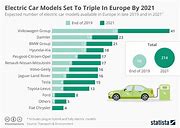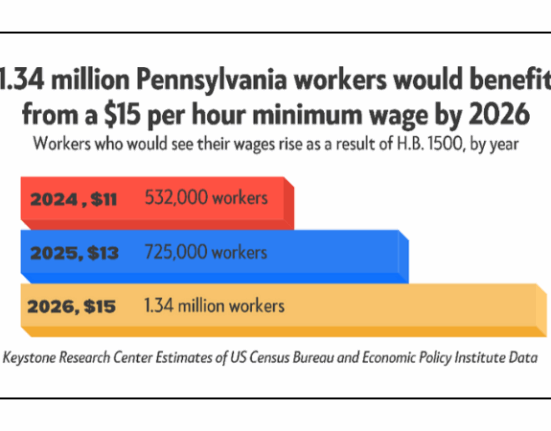The world of electric vehicles (EVs) is evolving rapidly, offering a diverse range of options for environmentally-conscious drivers. However, despite this surge in EV availability, certain fears and uncertainties continue to hold back widespread adoption. Let’s delve deeper into the key factors influencing consumer decisions around EVs.
One major concern among consumers is the longevity and reliability of EV batteries. Questions about battery lifespan and replacement costs often deter potential buyers from making the switch to electric vehicles. As a result, many individuals remain hesitant about investing in an EV due to these lingering doubts.
In addition to battery-related worries, the absence of a robust second-hand market for EVs poses another challenge for prospective buyers. Unlike traditional gasoline cars that have a well-established resale market, the lack of clear avenues for selling or purchasing used electric vehicles adds an extra layer of uncertainty for consumers.
Insights from a recent study conducted by insurance giant NRMA shed light on Australians’ apprehensions regarding EV ownership. The research highlighted concerns surrounding maintenance and repair services for electric cars. Many respondents expressed doubts about finding qualified technicians capable of servicing EVs effectively.
Julie Batch, Chief Executive of NRMA Insurance, emphasized the importance of addressing these skill gaps within the automotive industry. She noted,
“Nationally there are 38,000 unfilled automotive positions right now, and EVs are different… you need both those skills that are current in automotive technicians and additional expertise specific to electric vehicles.”
Moreover, environmental considerations play a significant role in shaping consumer perceptions of electric vehicles. Issues related to recycling and disposing of EV batteries emerged as pressing concerns among survey participants. Misinformation surrounding battery safety further amplifies anxieties regarding sustainability practices within the EV sector.
Batch pointed out that misconceptions about battery risks contribute to unwarranted fears among potential buyers. She explained how educating consumers on the actual safety profile of modern electric vehicle technologies could help alleviate these concerns and build confidence in adopting greener transportation alternatives.
Despite these challenges, government initiatives aimed at promoting EV adoption have shown promising results in driving sales growth. The implementation of strategies like the National Electric Vehicle Strategy has led to notable increases in EV purchases nationwide, reflecting a positive response to policy measures supporting sustainable transport solutions.
Recent investments in expanding public charging infrastructure also signal progress towards enhancing accessibility and convenience for EV users. Initiatives such as NSW Premier Chris Minns’ announcement regarding new charging stations underscore ongoing efforts to facilitate widespread adoption of electric vehicles across communities.
Looking ahead, stakeholders anticipate continued advancements in technology and regulations that will shape the future landscape of e-mobility. With ongoing innovation from manufacturers like Tesla alongside emerging players such as BYD, MG, Hyundai, and BMW entering the market with competitive offerings, consumers can expect greater choices and improved efficiencies in their transition towards electrified transportation solutions.
As consumer awareness grows and infrastructure support expands further, overcoming barriers related to range anxiety, maintenance uncertainties, and environmental impact will be crucial steps towards accelerating the mainstream acceptance of electric vehicles as viable alternatives to traditional combustion engine cars.









Leave feedback about this